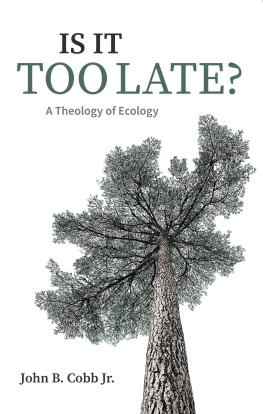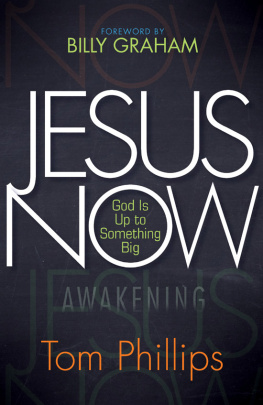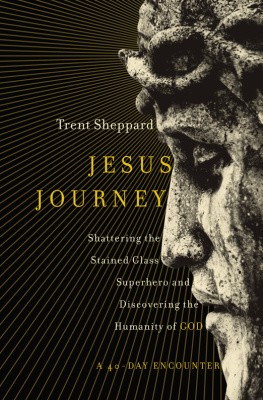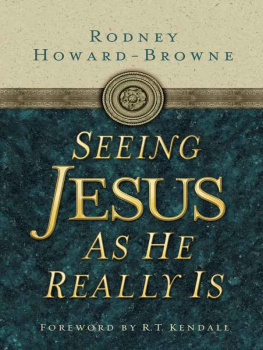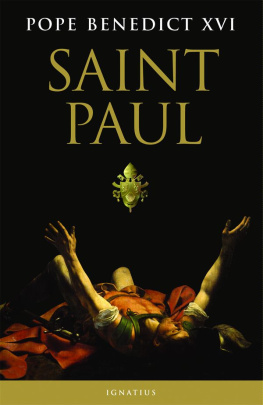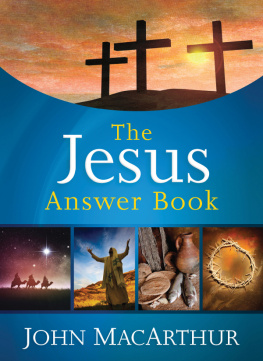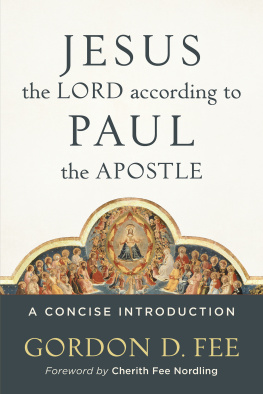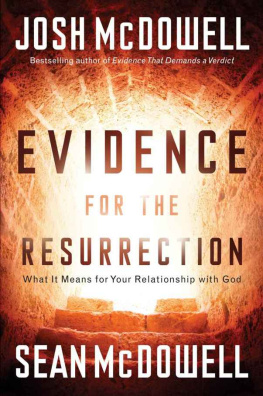1. Our Problem
For me, God is of central importance to life and thought. As a boy I found that my conviction fitted comfortably with widely shared belief. I did not agree with everything I heard people say about God, but the problem with God-language was not much different from other instances of disagreement and confusion.
Today the situation has changed. God remains of central importance for me. But I no longer find that belief to fit comfortably into my cultural context. On the contrary, many people are both skeptical that the word God has any reference and very uncertain what that reference would be like if it existed at all. In addition, the word now has a strongly negative connotation for many thoughtful and sensitive people, and I often find myself upset by how it is used.
If the problem were simply linguistic, we could solve it easily. Just use another term: Creator, Goddess, Great Spirit, Almighty, Yahweh. Using other names sometimes helps, but the problem is deeper. What has happened?
One problem is intellectual. From the outset of modernity, belief in the biblical God has been problematic. The biblical God is operative in both nature and history, whereas modernity, from its beginning, denied that God was a factor in what happened in the natural world. That is, it asserts that if you are trying to explain any natural event, you are not allowed to attribute any role to God.
At first, there was one exception. The world seemed so wonderfully ordered that it could not be thought of as coming into existence on its own or by chance. Most people assumed that it was created by an intelligent and powerful being, and did not hesitate to call that being God. Scientists found that the world was governed by laws, so that the Creator was also the Lawgiver. Some religious people thought that every now and again the God who created the laws intervened and caused something to happen that did not obey them. Thus there were supernaturalists, but the default position was deism, that is, the belief that Gods only relation to nature was the one act of creation and the imposing of natural laws.
At the same time, everyone assumed that human beings were not part of the nature from which God was excluded. Opinions differed on how God was related to human beings. The devout could picture the relation as quite intimate, but the dominant culture encouraged the idea that God had created human beings and had also given them rules to live by. Unlike plants and animals, people might choose not to obey these rules. After death those who violated them were punished, whereas those who obeyed them were rewarded.
Deistic thinking still continues, but it has far less support than in the earlier period. It was deeply shaken by Charles Darwins demonstration that the world we now know developed in a natural evolutionary way from a much simpler beginning. God was no longer needed to explain the remarkably complex and beautiful world we have around us; it could be explained by natural causes.
Equally important was that human beings are fully part of this evolving nature. If God is excluded from playing any role in natural events, then God is excluded from playing any role in human events. The default position now is atheism.
In the latter half of the nineteenth century, some Christians developed defenses against modern secular thought by affirming a fully supernaturalist Christianity. Here God plays a very large role. This dogmatic theism has contested the dogmatic atheism of the value-free research universities. For convenience I will call it biblicist, since treating the Bible as having supernatural authority is a central feature.
Both sides became increasingly rigid, justifying themselves by the distortions of the other side. Those of us who grew up when the situation was more fluid and open have found ourselves alienated from both of these clearly defined positions. We constitute broadly what were once the mainline churches. For convenience I will call them liberal since they try to be open to what is becoming the dominant culture. Of course, many members are quite conservative in many respects, although few are comfortable with what I have called the biblicist position.
The greatest philosopher of the eighteenth century, Immanuel Kant, provided one solution for liberal Protestants. He wanted fully to support the work of scientists, but he wanted also to make a place for morality and religion. He distinguished between two types of thinking: theoretical and practical. Theoretical reason operates in the way that science has adopted, explaining everything reductionistically. Meanwhile, practical reason governs our lives, postulating personal freedom and responsibility as well as a God worthy of reverence. This dualism provides liberal Protestants a chance to accept evolutionary science without allowing it to affect their faith. It is the most common alternative to atheism and supernaturalist biblicism. Facts belong to science; values, to religion.
Unfortunately, like other dualisms, it has serious problems, because in actual experience values cannot be so neatly separated from facts. The act of worship loses much of its power when worshipers do not think that what they worship is factually real. I am one of many who have never been attracted by this solution.
Credibility has not been the only problem we theists faced. For many people God has become an offensive idea because so many terrible things have been done by his followers. I grew up believing that God was always good and loving. I knew that human beings, even those who worshiped God, had done some very bad things, but I supposed that this was an aberration and that we Christians had repented and were seeking peace and justice everywhere.
However, along with many others, I came to see history differently. In the name of God, Christians had persecuted Jews for most of Christian history. This persecution had reached new heights in what we considered a Christian country, Germany. True, the Nazis were not Christians, but they could show the continuity of their anti-Jewish teachings and actions with statements of Christian leaders, and the opposition to Nazi anti-Judaism on the part of Christians was weak.
I learned that in the century-long theft of the New World from its inhabitants, many Christian missionaries had played embarrassing roles. I learned that, indeed, even the more recent missions to Africa and Asia had often supported colonial exploitation of the people. Even the better missions were often tainted with the sense of Western superiority, and with condescension toward those to whom they were witnessing.
More generally, I learned that over the centuries the churches were usually allied with the rich and powerful. I learned that the enslavement of nonwhite races had been supported as Gods will. I discovered that earlier members of my own family had written pious Christian books in defense of slavery. Even many of those leaders to whom we looked with admiration, such as Abraham Lincoln, had been racists. The Bible that seemed evidently to oppose such racism had been widely and successfully used to justify it.


